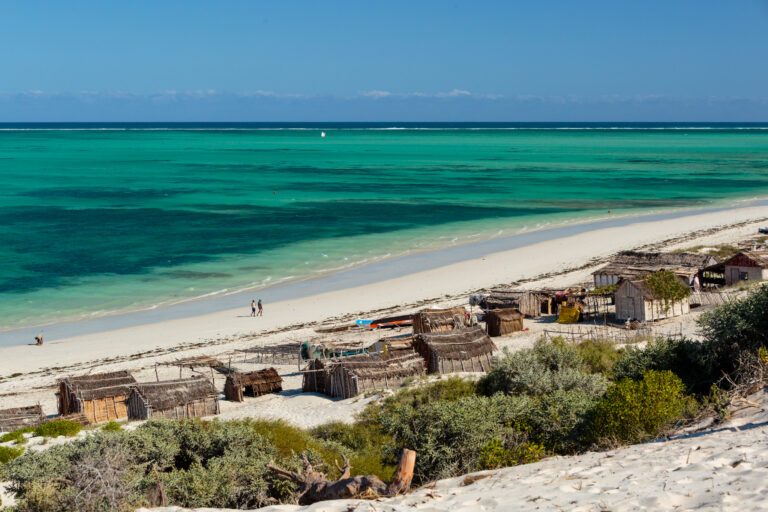Leading climate scientists have delivered a devastating warning on the climate emergency with a stark message: “There is a rapidly closing window of opportunity to secure a liveable and sustainable future for all.”
Drawing on years of cutting edge climate research, the sobering synthesis accompanies the Intergovernmental Panel on Climate Change’s latest comprehensive scientific analysis of the science and impacts of climate change, launched this week. The report, the sixth produced by the United Nations’ climate science organisation since 1990, presents its most comprehensive analysis to date, and an unassailable guide for the bold decisions that countries will need to make to avoid irreversible climate breakdown.
The IPCC’s last major report in 2018 highlighted the scale and urgency of action required to keep warming to 1.5°C, the temperature rise beyond which runaway, irreversible climate change may no longer be avoidable. Much of the report underscores the irrefutable evidence scientists issued then, adding even greater certainty to the climate forecasts based on different emissions scenarios.
Forecasts predict we will miss the target of limited warming by 1.5°C within just six years unless aggressive emissions cuts are made through rapid decarbonisation of the global economy. Without a rapid decarbonisation of the global economy, global warming of 3.2°C is projected by 2100 − an outcome that will lead to mass extinction of species, unprecedented humanitarian emergencies, and collapse of human societies as many regions become uninhabitable.
With the next synthesis not due to be published until 2030, this is the IPCC’s final warning within the timeframe remaining to change humanity’s course.
The report shows that every increment of warming caused by human activity, and our failure to fix it, is exacerbating climate disasters such as heatwaves, ocean acidification, flooding and the destruction of sensitive ecosystems such as coral reefs. These changes will cause ever greater human suffering, disproportionately affecting the world’s poorest countries and low-lying island nations. “Almost half of the world’s population lives in regions that are highly vulnerable to climate change. In the last decade, deaths from floods, droughts and storms were 15 times higher in highly vulnerable regions,” Aditi Mukherji, one of the report authors reiterated.
These impacts are already a grim reality for many of the world’s poorest and most vulnerable communities. Intense Tropical Cyclone Freddy, an exceptionally long-lived, powerful, and deadly storm that traversed the southern Indian Ocean in recent weeks, presents just one chilling foresight of the impacts of our rapidly destabilising climate system.
Despite the harrowing outlook, the IPCC sends a cautious message of hope. The world already has all the knowledge, tools and financial means needed to achieve its climate targets. Among its many recommendations the IPCC highlights that rebuilding depleted fisheries is an effective way to help avert dangerous climate breakdown: reducing negative climate change impacts, while supporting food security, biodiversity, human health and well-being. Across more than a dozen countries we are helping hundreds of thousands of people in low income communities protect and restore ocean ecosystems − including carbon rich mangroves and seagrasses − as a natural climate solution.
The report also advocates for solutions to strengthen local resilience, grounded in indigenous knowledge and community empowerment. We believe that conservation led by communities, for communities, is the only viable pathway to safeguard the resilience of our seas at scale. Science and practice have shown time and again that the most scalable, equitable and sustainable approach to conserving and restoring our oceans is to give communities the rights and means to manage and rebuild the stocks on which they depend.
“We are facing an existential environmental crisis and communities who have contributed the least to this emergency are the most severely affected. This report underscores the urgency for action, not just in emissions reductions, but in ensuring a just and equitable transition to a low carbon future. ” Dr Alasdair Harris, Blue Ventures’ Executive Director
Coastal communities and small-scale fishers are not passive bystanders in this crisis. They’re the biggest group of ocean users by far. They have the knowledge and solutions to restore coastal fisheries, to safeguard critical blue carbon, and to transform our relationship with our oceans.
Follow us on social media to hear more from the frontline communities we are privileged to support.























